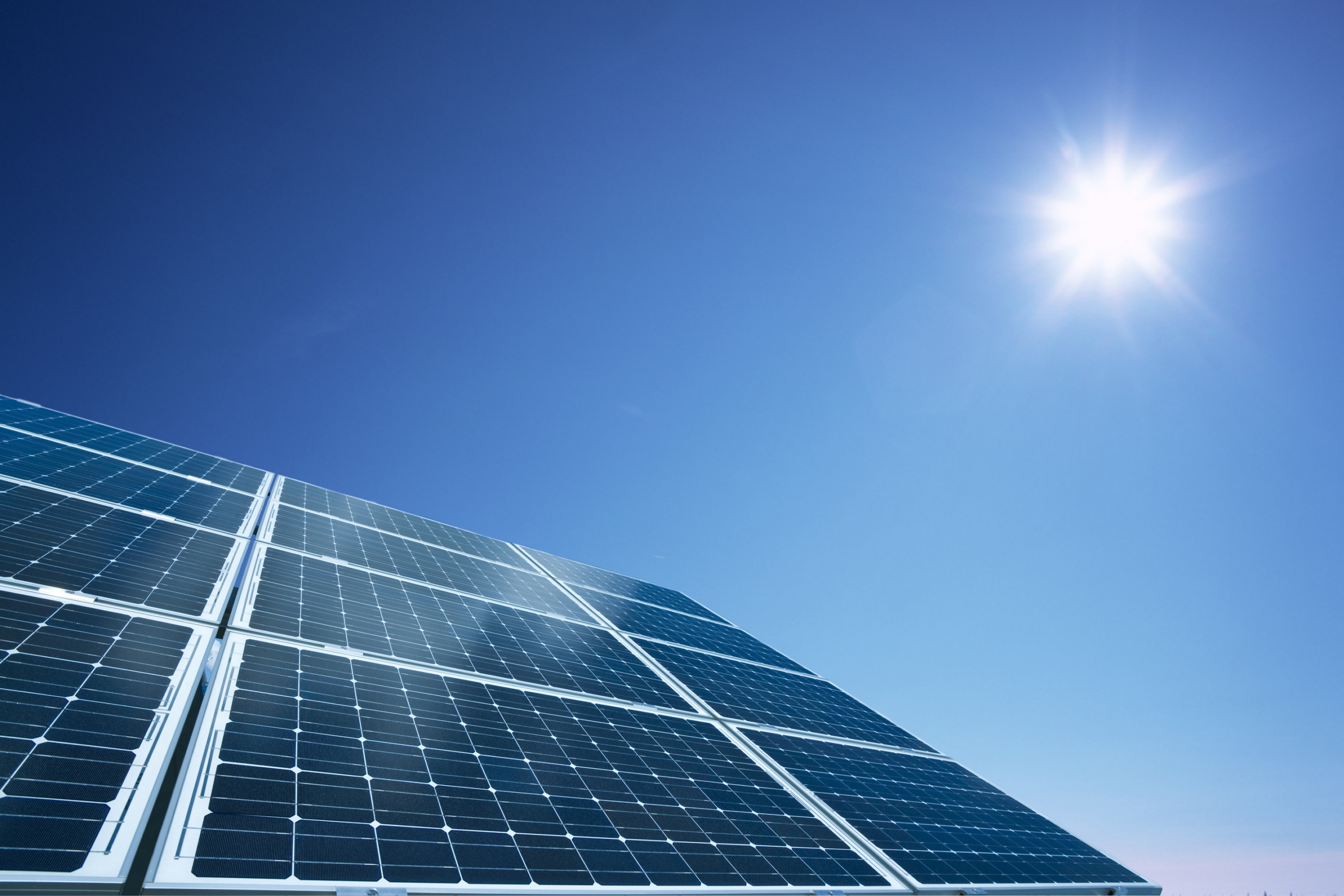 When you’re buying batteries to power your solar operations, it’s difficult to sift through the numerous options on the market and know what’s right for you. However, if you’ve invested in a system that runs on solar power, you’re committed to efficiency and clean energy. You need a battery to match those priorities.
When you’re buying batteries to power your solar operations, it’s difficult to sift through the numerous options on the market and know what’s right for you. However, if you’ve invested in a system that runs on solar power, you’re committed to efficiency and clean energy. You need a battery to match those priorities.
To make the decision between lithium-ion batteries and their lead acid competitors, here are a few questions you should ask to narrow down your choices.
How Much Are You Willing To Spend?
Lithium-ion solar batteries are an investment – a smart investment. So, when you’re evaluating your budget, keep in mind that solar-powered batteries have the highest efficiency rating, which means your future energy bills are going to be lower than they are now. And, with the lowest cost per kilowatt in the industry, you start saving money the minute you install.
Generally, lithium-ion batteries carry a higher price tag than lead acid, but the greater expense only comes with upfront cost. Lead acid batteries, though cheaper initially, require replacement far more frequently than solar lithium-ion batteries, which only need replaced about once over their decade-long battery life span. You’ll cut costs when it comes to unexpected replacement, too. Lead acid batteries are susceptible to fire, meltdown and other structural hazards; lithium-ion batteries are not.
Do Solar-Powered Batteries Need Customization?
If your batteries need customization, don’t be deterred from purchasing a lithium solar battery. Most lithium-ion battery distributors carry a wide variety of solar units to fit any need. And, if there’s not a battery in stock for you, small customizations are available to make a lithium solar battery work. These minor changes to controllers and inverters are all you need to fuel your applications with solar power.
What Are Your Efficiency Requirements?
When you’re powering your applications, wasting energy wastes your money. Lithium-ion batteries have a low charging resistance, allowing them to build up and store energy faster than lead acid batteries. When you’re comparing sources for solar power storage, lithium batteries feature an efficiency rating of 95% over lead acid’s 80%.
Also, take self-discharge into consideration. When you’re not using your lead acid battery, it could lose 5% to 15% of its electrical capacity per month, while lithium only loses 1% to 3%. If you’re looking for the most efficient battery on the market to power your solar operations, lithium-ion batteries are the right choice.
How Much Maintenance Time Are You Willing To Invest?
Do you have time to regularly monitor and maintain the water levels of your battery? Lead acid batteries require regular refilling or they’re at risk for structural damage and become a safety hazard. Lithium solar batteries, however, require nearly no maintenance once they’ve been installed. While all batteries should be kept clean and carefully stored, you won’t need to constantly check your lithium-ion batteries to maintain safety.